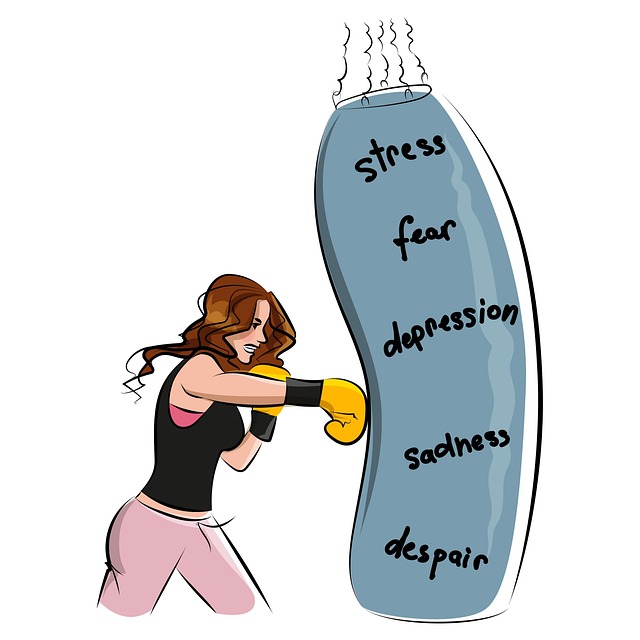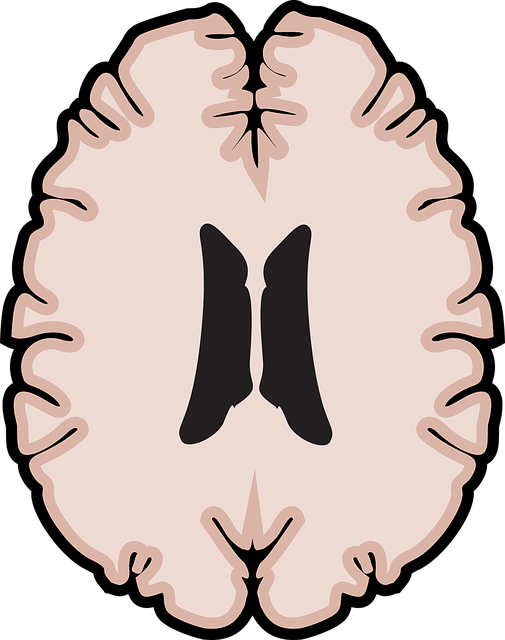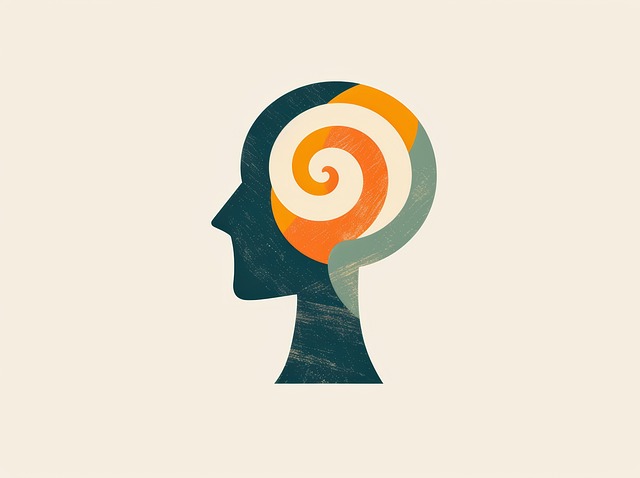Emotion regulation is a vital skill for cancer patients dealing with diagnosis and treatment side effects, significantly impacting overall health and relationships. Healthcare providers' cultural competency training emphasizes empathy and social skills, fostering better patient-provider communication and enhancing the cancer care experience. Mindfulness, cognitive behavioral therapy (CBT), and creative expression through art, music, and writing are powerful tools for managing emotions, reducing anxiety, and improving well-being in Lone Tree Cancer Issues Therapy. Integrating physical techniques like mindfulness, yoga, and breathing exercises further enhances emotional resilience. These holistic approaches combine traditional therapy with creative outlets to provide comprehensive strategies for navigating challenging health situations.
Emotion regulation techniques are essential tools in navigating life’s challenges, especially for individuals facing cancer and its associated issues. This article explores various therapeutic approaches designed to help manage and understand emotions effectively. From mindfulness practices for peace of mind to cognitive behavioral therapy (CBT) and creative expression, each section delves into unique strategies. By understanding the body-mind connection, individuals can discover holistic ways to cope, fostering resilience in their cancer journey at Lone Tree.
- Understanding Emotion Regulation: Unraveling the Concept and Its Significance
- The Role of Mindfulness in Cancer Support: Techniques for Peace of Mind
- Cognitive Behavioral Therapy (CBT): A Powerful Tool for Managing Emotions
- Body-Mind Connection: Exploring Physical Techniques for Emotional Healing
- Integrating Creative Expression: Art, Music, and Writing as Therapeutic Outlets
Understanding Emotion Regulation: Unraveling the Concept and Its Significance

Emotion regulation is a vital skill that enables individuals to navigate life’s challenges and maintain mental well-being. It involves recognizing, understanding, and managing one’s emotions effectively, ensuring they remain in line with the situation at hand. This concept is significant as it plays a crucial role in our overall health and relationships, especially for those facing complex issues like cancer. When a person is diagnosed with cancer or dealing with related treatment side effects, their emotional state can be significantly impacted.
At this pivotal moment, effective emotion regulation techniques become essential tools for both patients and healthcare providers. The Healthcare Provider Cultural Competency Training emphasizes the importance of empathy building strategies and social skills training to offer compassionate care. By integrating these practices, healthcare professionals can create a supportive environment, fostering better patient-provider communication. This, in turn, enhances the overall cancer care experience, addressing not just the physical aspects but also the emotional landscape that is integral to one’s journey through such trying times.
The Role of Mindfulness in Cancer Support: Techniques for Peace of Mind

Mindfulness has emerged as a powerful tool in cancer support, offering individuals valuable techniques to navigate the emotional challenges that often accompany their journey. In the face of Lone Tree Cancer Issues, mindfulness practices provide a sanctuary for patients to cultivate peace of mind and enhance their overall well-being. These techniques encourage individuals to focus on the present moment, observing their thoughts and emotions without judgment, which can significantly reduce anxiety and stress.
By integrating mindfulness into self-care routines, cancer survivors can develop stronger confidence boosting mechanisms. Simple practices like mindful breathing exercises or meditation help individuals gain a sense of control over their emotional responses, fostering resilience in the face of adversity. Furthermore, promoting these self-care practices through public awareness campaigns can contribute to better psychological support for cancer patients, ensuring they have access to effective tools for managing stress and maintaining mental clarity.
Cognitive Behavioral Therapy (CBT): A Powerful Tool for Managing Emotions

Cognitive Behavioral Therapy (CBT) has emerged as a powerful tool in the arsenal of emotion regulation techniques. By focusing on identifying and changing negative thought patterns, CBT empowers individuals to manage their emotions more effectively. This therapy is particularly beneficial for those dealing with Lone Tree cancer issues, offering a structured approach to navigate the emotional challenges that often accompany serious health conditions.
In the context of healthcare, where burnout prevention strategies for providers are increasingly essential, CBT can play a significant role in promoting mental wellness coaching programs development. By teaching individuals to challenge and reframe unhelpful thoughts, CBT helps reduce symptoms of anxiety and depression, fostering better resilience and overall emotional well-being. This is crucial not just for patients facing health crises but also for healthcare professionals aiming to avoid burnout and maintain a healthy work-life balance.
Body-Mind Connection: Exploring Physical Techniques for Emotional Healing

The mind and body are deeply connected, and this relationship is a powerful tool in emotion regulation techniques teaching. Exploring physical techniques for emotional healing can be transformative, especially for individuals dealing with Lone Tree cancer issues. Many traditional therapies focus on the mind, but incorporating body-based practices can enhance treatment outcomes and promote mental wellness coaching programs development. Techniques such as mindfulness meditation, yoga, and deep breathing exercises have been shown to reduce stress and improve self-esteem improvement, which are crucial components in navigating challenging health situations.
By engaging in these practices, individuals can gain a sense of control over their emotional responses, learn to manage intense emotions, and develop effective coping mechanisms. This holistic approach, combining traditional therapy with body-mind connection techniques, offers a comprehensive strategy for stress reduction methods and overall emotional well-being, catering to diverse needs in cancer care and beyond.
Integrating Creative Expression: Art, Music, and Writing as Therapeutic Outlets

Integrating creative expression through art, music, and writing can be a powerful tool for individuals navigating Lone Tree Cancer Issues Therapy. These therapeutic outlets provide a safe and non-verbal means to process emotions, offering an alternative to traditional talk therapy. For example, painting or sculpting can help patients visually express their feelings, allowing them to explore and release complex emotions in a unique way. Similarly, music and writing encourage self-reflection and emotional awareness, which are vital aspects of managing stress and preventing depression.
The Stress Management Workshops Organization recognizes the benefits of these creative modalities in fostering positive thinking. By engaging in art, music, or writing, individuals can enhance their coping mechanisms, gain a sense of control over their emotions, and even develop new perspectives on challenging situations. This holistic approach to therapy not only supports overall mental health but also empowers patients to actively participate in their healing journey.
Emotion regulation techniques offer a multifaceted approach to addressing Lone Tree cancer issues, enhancing patients’ overall well-being. By integrating mindfulness practices, cognitive behavioral therapy, body-mind connections, and creative expression, individuals can navigate the complexities of their emotions during and after cancer treatment. These strategies empower people to foster resilience, find peace, and embrace a more balanced emotional state, ultimately improving their quality of life.














